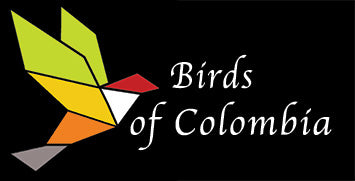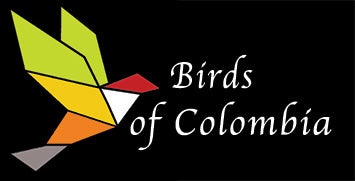Name
Latin Name
Spanish Name
Song
Northern Harrier
The Northern Harrier (Circus hudsonius) Read in Spanish
Appearance: The Northern Harrier is a medium-sized raptor with a long tail and broad wings. Adult males have gray upperparts and white underparts, with distinctive black wingtips. Adult females and juveniles are brown with streaked underparts. They have a characteristic owl-like face with a white facial disk.
Habitat: Northern Harriers inhabit a variety of open habitats, including marshes, grasslands, meadows, and agricultural fields. They are often found in areas with low vegetation cover where they can hunt for small mammals, birds, and insects.
Behavior: Northern Harriers are renowned for their low and slow flight over their hunting grounds. They use their exceptional hearing and vision to locate prey, primarily small mammals like voles and mice. They fly close to the ground, performing sudden twists and turns to catch their quarry.
Breeding: Northern Harriers typically nest on the ground in marshes or grasslands. The female constructs a nest using plant material and lays a clutch of 4-6 eggs. Both parents take part in incubating the eggs and feeding the young. The young harriers fledge after about a month.
Conservation Status: The Northern Harrier is a rare and elusive species typically found in wetland habitats and grasslands. While specific information on its conservation status in Colombia may be limited, globally, the Northern Harrier is not considered to be threatened and is listed as a species of "Least Concern" by the IUCN Red List.
Distribution
Use this text to share information about your store with your customers. Describe products, share announcements, or welcome customers to your store.
Taxonomy
Share blog posts, products, or promotions with your customers. Use this text to describe products, share details on availability and style, or as a space to display recent reviews or FAQs.
Vocalization
Share blog posts, products, or promotions with your customers. Use this text to describe products, share details on availability and style, or as a space to display recent reviews or FAQs.

